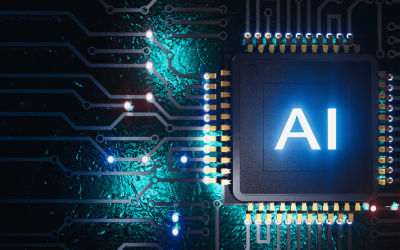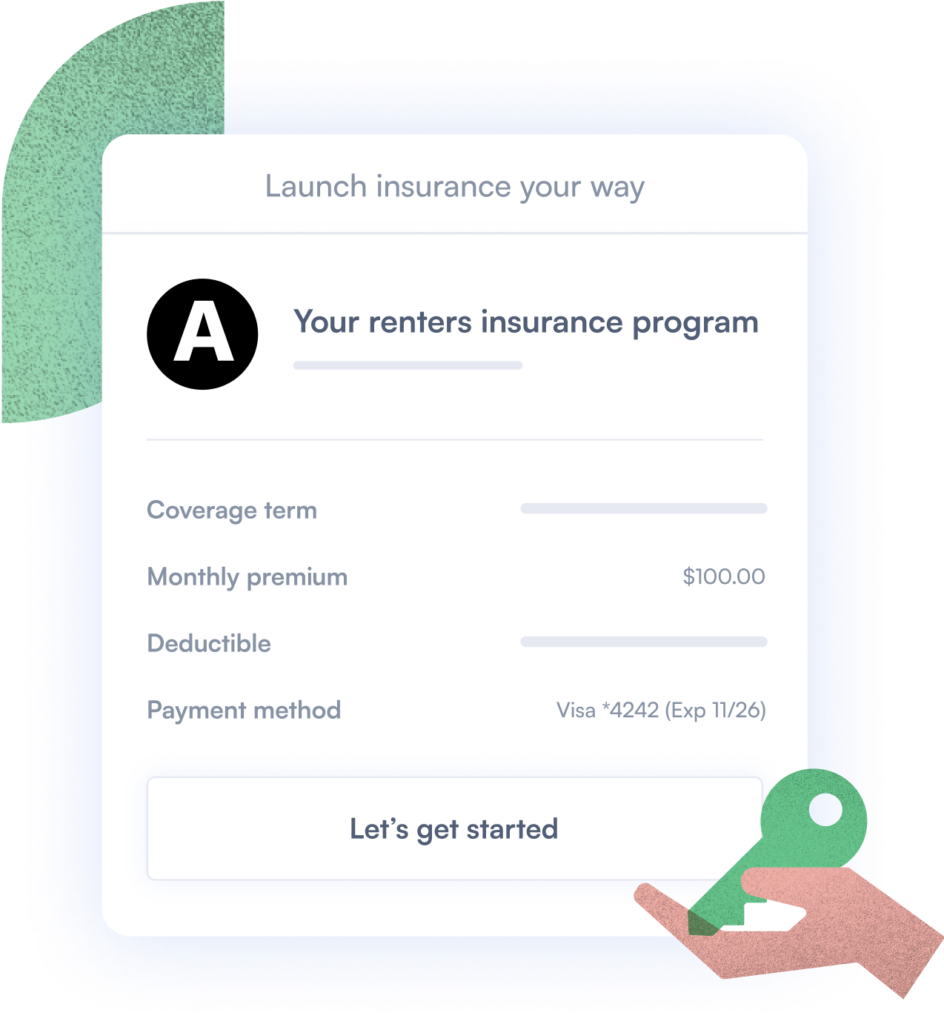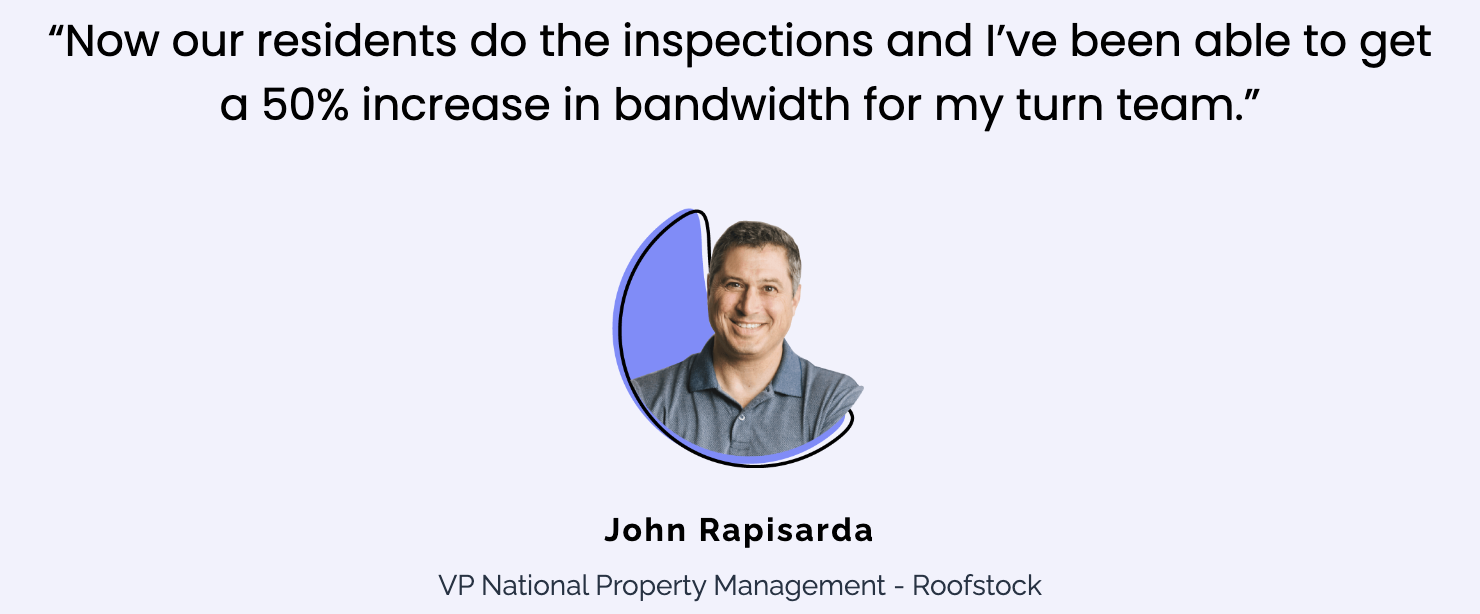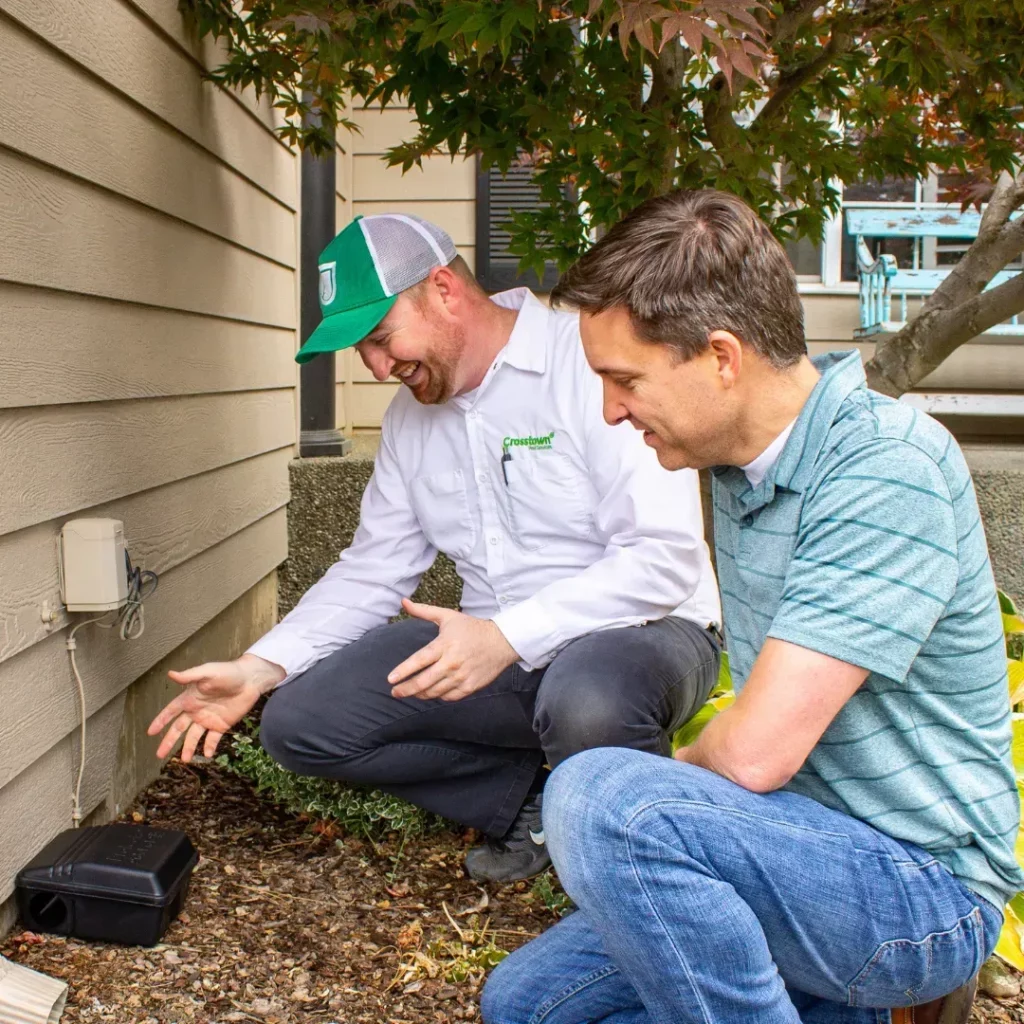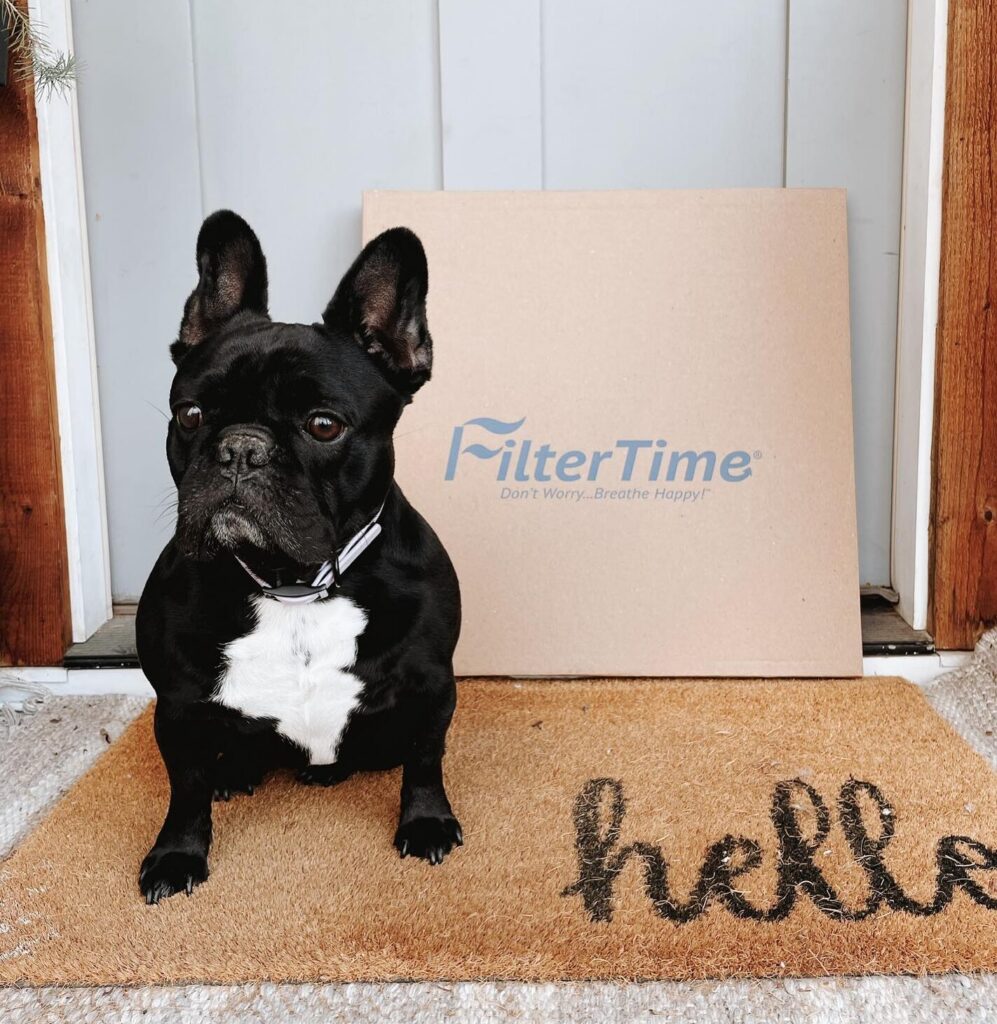Artificial Intelligence (AI) has become a powerful tool for property managers, enabling automation, improving efficiency, and reducing costs. However, as with any technology, misuse or misunderstanding of AI can lead to pitfalls. To ensure you’re leveraging AI to its full potential, here are seven common mistakes to avoid.
1. Relying on AI Without Human Oversight
AI can streamline many tasks, from tenant screening to maintenance scheduling, but relying solely on it without human checks can lead to issues. AI tools are great for automating repetitive tasks, but they still require human oversight to handle nuances, exceptions, and decisions based on personal judgment.
Tip: Use AI to assist decision-making but maintain a human touch for final decisions, especially in complex situations.
2. Using AI Without Clear Objectives
Many property managers adopt AI without fully understanding what they want to achieve. Without clear objectives, AI tools may be underutilized or misapplied, leading to wasted resources.
Tip: Set specific goals before implementing AI, such as reducing tenant turnover, improving maintenance response times, or streamlining administrative tasks. Choose AI solutions that align with these goals.
3. Ignoring Data Quality
AI models are only as good as the data they’re trained on. Poor-quality data can lead to inaccurate insights, faulty automation, and bad decisions.
Tip: Regularly review and clean your data. Ensure that the data you feed into AI tools is accurate, up-to-date, and relevant to the task at hand.
4. Failing to Understand AI Limitations
While AI can handle many tasks, it’s not perfect and has limitations. For example, AI may struggle with ambiguous requests, emotional intelligence, or tasks that require deep empathy—traits essential to good property management.
Tip: Understand where AI excels and where it falls short. Don’t expect AI to replace human relationships or handle every complex situation perfectly.
5. Not Training Your Team
AI implementation requires team buy-in and understanding. If your team doesn’t know how to properly use AI tools or feels threatened by automation, adoption rates will plummet, and you won’t maximize the benefits.
Tip: Provide training sessions for your staff and explain how AI will assist rather than replace their roles. Encourage feedback and ongoing learning.
6. Over-Automating Tenant Communications
While AI chatbots and automated communication systems can help respond to inquiries and streamline communication, over-automation can alienate tenants. Some tenants prefer personalized, human responses, especially in sensitive situations.
Tip: Strike a balance between AI-driven automation and personalized tenant engagement. Use AI for basic queries, but ensure more complex or emotional concerns are handled by real people.
7. Neglecting Security and Privacy Concerns
AI systems often handle sensitive information, such as tenant data, financial records, and maintenance schedules. If improperly secured, these systems could be vulnerable to cyberattacks.
Tip: Ensure your AI systems comply with privacy laws and are equipped with robust cybersecurity measures. Regularly update software and conduct security audits to protect tenant information.
Summary
AI can revolutionize property management, making tasks more efficient and freeing up time for strategic initiatives. However, to get the most out of AI, property managers need to avoid common pitfalls. With the right strategy, AI will be an invaluable tool in your property management arsenal.
Free eBook
Want to learn more about AI and how you can apply it to your property management business? Download our Free eBook: The Property Manager’s Guide to Leveraging AI and explore best practices for utilizing AI in your business, tips for formatting prompts, and receive 11 Free AI prompt templates for common PM use cases.





